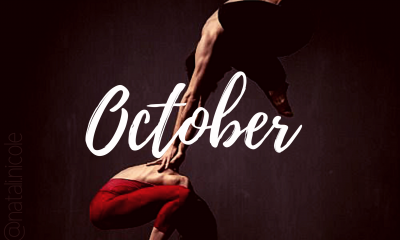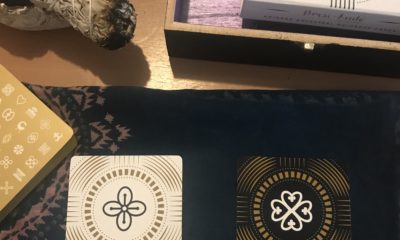I’ve spent damn near the last two weeks playing Solange’s A Seat at the Table: from start to finish, on shuffle, with the intention of picking one song and then deciding to listen to the whole damn thing—you get the point. I tried to move on to some other music a couple of times and wound up back at her album before whatever that other song was finished. The other music felt somehow hollow by comparison. I needed the fulfilling energy that her music provided.
I won’t try to give you a review about the musical elements of this work. I am not qualified or equipped to break down the artistry in that way. I will say that the music is rich and varied. It reminded me of church and Saturday mornings cleaning the house. I will note that Solange’s voice was pretty and ethereal in a way that gave her words particular strength, even though she’s not much of a belter. The music moved me to to write about it.
This album calls to mind one of my favorite Toni Morrison quotes:
“The function, the very serious function of racism is distraction. It keeps you from doing your work. It keeps you explaining, over and over again, your reason for being. Somebody says you have no language and you spend twenty years proving that you do. Somebody says your head isn’t shaped properly so you have scientists working on the fact that it is. Somebody says you have no art, so you dredge that up. Somebody says you have no kingdoms, so you dredge that up. None of this is necessary. There will always be one more thing.”
There is a preoccupation with defining things for white people or concern with the white gaze. Even in our art that’s meant to heal, it seems to remember the white audience in its presentation. It’s a natural, unconscious response. We have had to evolve to be aware of this gaze at all times to be wary of its ire. Solange’s presentation here beckons us to release this burden. This album is a safe space. It sees us. It gives us space to commune and cry and celebrate freely. Solange boldly established this haven in the public sphere. She didn’t just divorce herself from having to explain to white people, she repeatedly dares them to defy the safe space.
“I’m tired of explaining, man this shit is draining. I’m not feeling allowed to be mad.” –Mad
“Don’t touch my hair…when it’s the feelings I wear. Don’t touch my soul…when it’s a rhythm I’ve known.” –Don’t Touch My Hair
“Don’t feel bad if you can’t sing along, just be glad you got the whole wide world. This us. This shit is from us. Some shit you can’t touch.” –F.U.B.U
Solange reminds us that we are entitled to safe space and fights for our right to declare who has entry to these spaces.
When I learned that the title of the album was A Seat at the Table, my mind automatically went to Black people demanding our place in the world. Black people in America have been a lot louder about our oppression and the album’s subject matter and title spoke directly to that struggle. I believe that’s definitely a part of it, but after listening to the album a few times, I recognized it goes deeper than that.
There’s something quiet and personal about the mood of this album that gives the listener a sense of home. This is due in no small part to the interludes. These brief snatches of conversation remind me of the conversations I would hear around the “grown folks’ table” as a kid. As much as I enjoyed playing with my cousins and such when there would be a gathering, there was always something alluring about the conversations around that table.
A lot of times you’d be shooed away, but sometimes you were allowed to sit quietly in your mom’s lap. You’d need to hear these conversations eventually anyway. So you’d listen, swinging your legs idly as you relished in the opportunity to be a part of the grown up talk. Taking in the rum on your uncle’s breath as he trills with laughter at something your father says. Forming the ideas and beliefs that you would carry with you when you were far from the warmth of home.
Solange invited her listeners to that table. She seems to be calling to those of us who have now found ourselves at the adult’s table. We’re grown now and have our own weary experiences to add to this story that’s been told for generations. This is Solange’s contribution to that story. Her decision to have this conversation so publicly seems to me a rallying cry for us all. She is asking for us to take the space to heal so that we may finally change the conversation.


















You must be logged in to post a comment Login